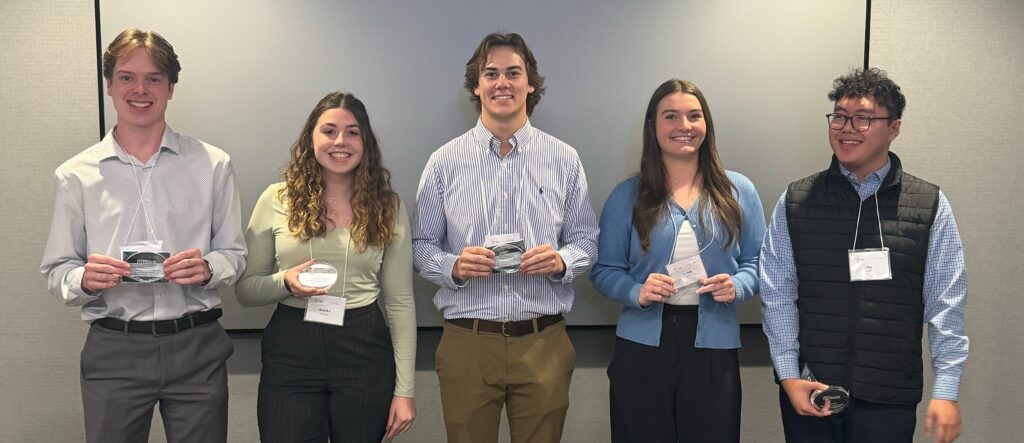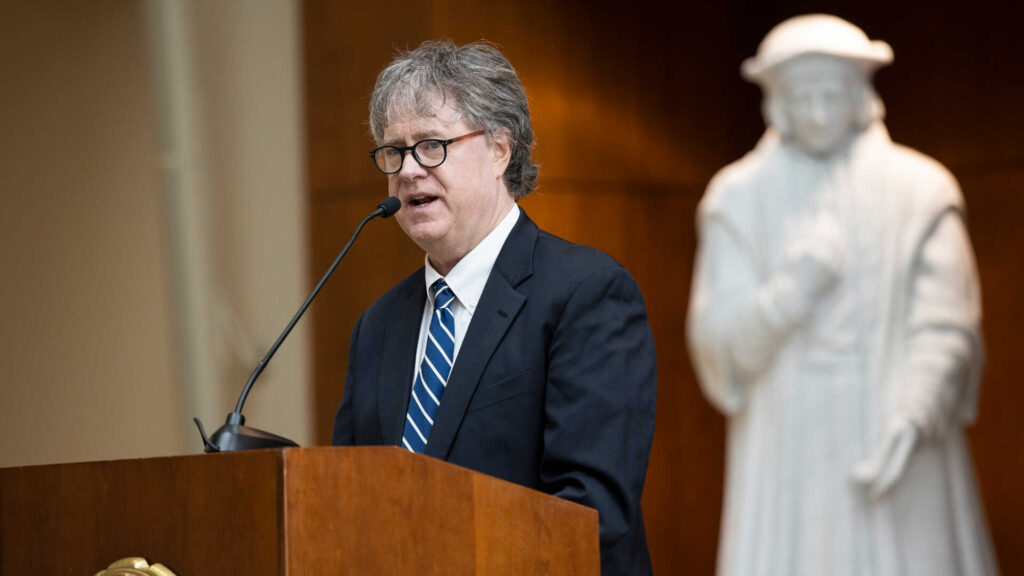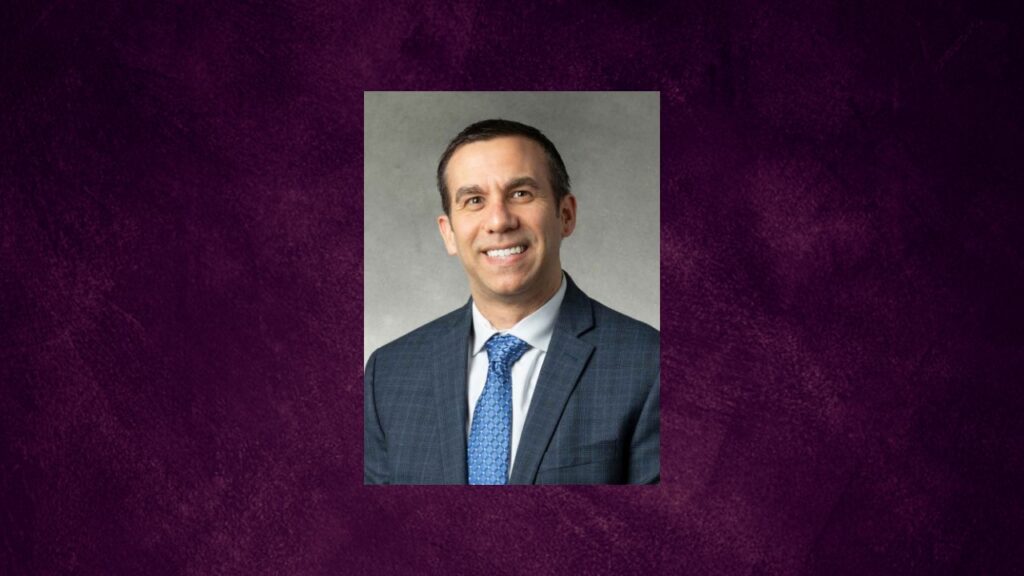Editor's note: Madonna McDermott, director of the Studenty Health Service and Wellness Center at St. Thomas, submitted this guest column to The Scroll.
High-risk drinking, frequently referred to as ‘binge drinking,” is a serious problem facing nearly every college campus in this country.
John McCardell, former president of Middlebury College, and a group of college presidents have created the Amethyst Initiative to voice a common desire to reopen public debate over the legal drinking age and to invite new ideas on how to better prepare young adults to make responsible decisions about alcohol use. About 130 college presidents have signed a petition in “support of an informed and dispassionate public debate over the effects of the 21 year-old drinking age.”
These leaders share their concerns on the Web site of the Amethyst Initiative (www.amethystinitiative.org). Their statement does not articulate a particular position on whether to lower the drinking age to 18, but they do invite elected officials to support discourse and public debate on how to assist young adults in making responsible decisions about alcohol consumption.
The negative consequences of excessive alcohol consumption for St. Thomas and other college students include poor academic performance, date rapes, violent assaults and deaths from unintentional injuries and alcohol poisonings. These consequences affect both drinkers and others around them.
Debate on strategies and cultural change required to reduce high-risk drinking is ongoing at St. Thomas, and last month I was involved with a group that made a presentation to the Student Affairs Committee of the Board of Trustees. There is no one silver bullet that will rapidly reduce high-risk drinking, but there is evidence a variety of individual and environmental approaches can be effective. The trustees are impressed with the prevention measures that we have taken at St. Thomas, and the collaborative activities we engage in with other colleges and universities.
Our discussions have led to a consensus that St. Thomas does not support a change of legal age for drinking as a strategy to reduce high-risk alcohol consumption. But the questions surrounding the age requirement are a way of bringing new energy to this important debate.
If you have a an opinion on this matter or ideas on ways to reduce high-risk drinking, we want to hear from you. Please submit a response to this story or to drop me a note at mkmcdermott@stthomas.edu.
For additional resources, please see:
www.campushealthandsafety.org/niaaa/
www.collegedrinkingprevention.gov/StatsSummaries/snapshot.aspx
www.niaaa.nih.gov/Publications/AlcoholResearch/default.htm
pubs.niaaa.nih.gov/publications/StrategicPlan/NIAAASTRATEGICPLAN.htm#Definitions
www.ama-assn.org/ama/pub/category/13246.html






